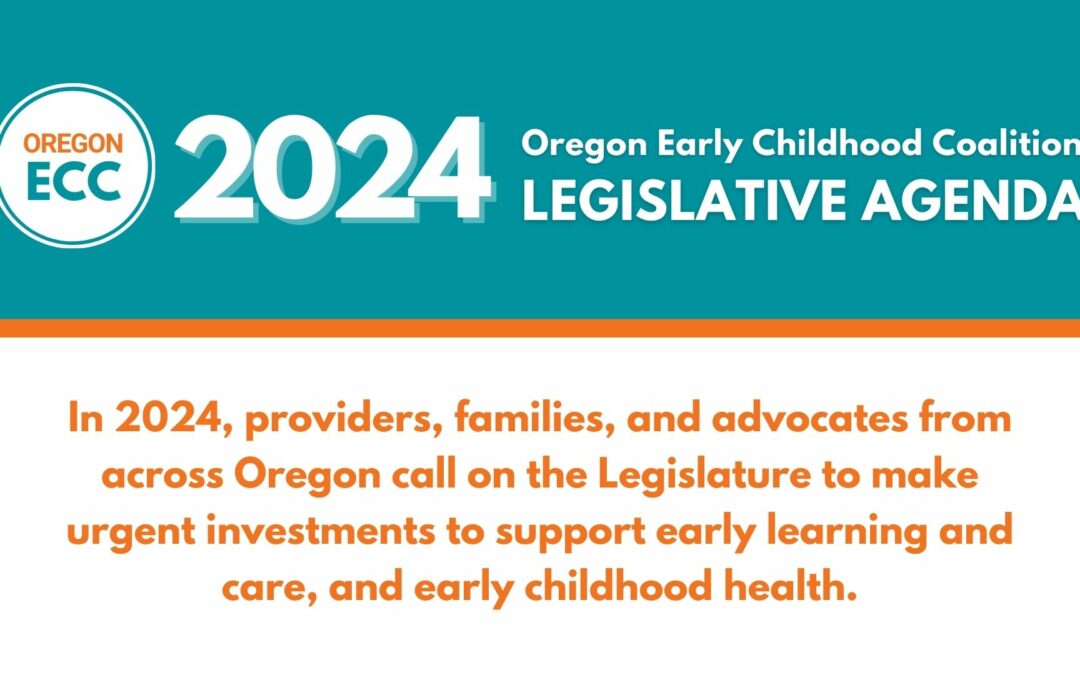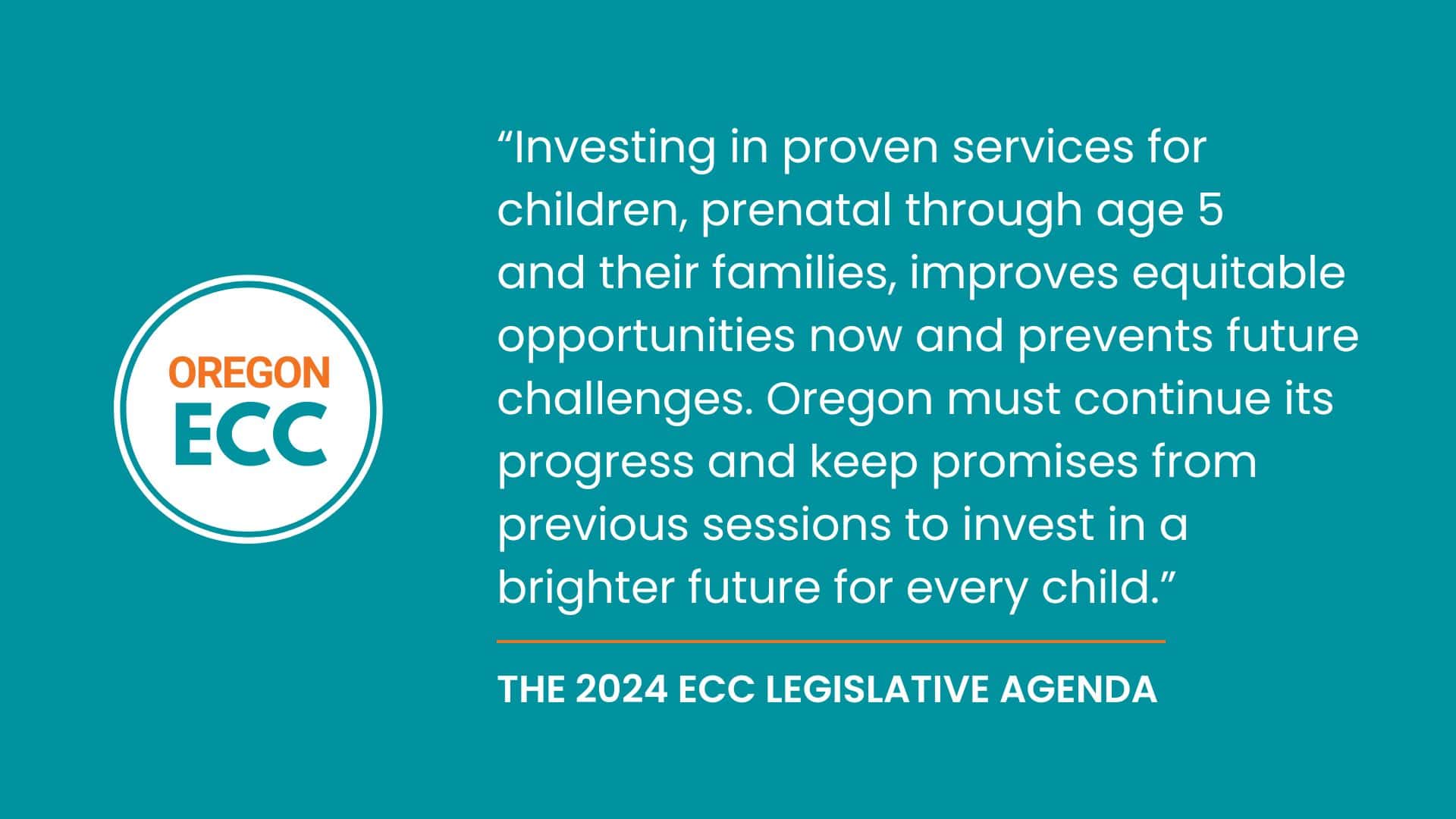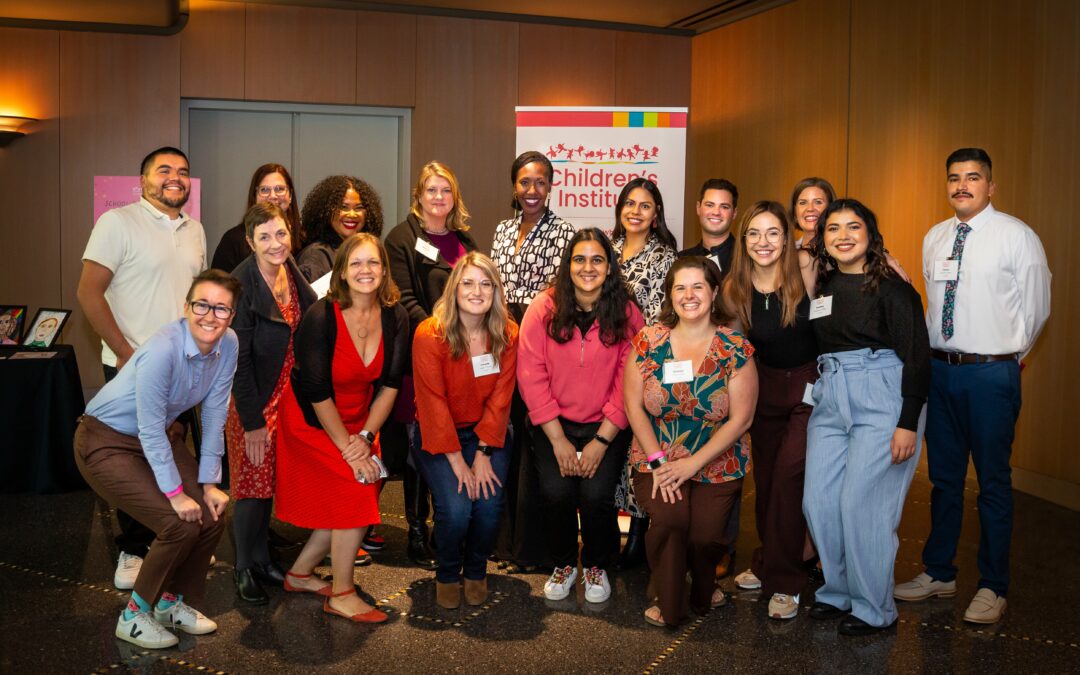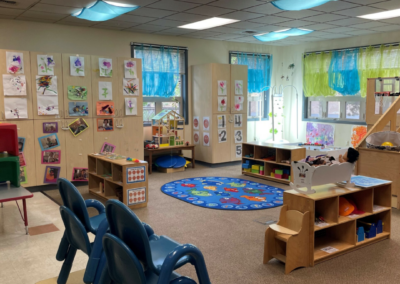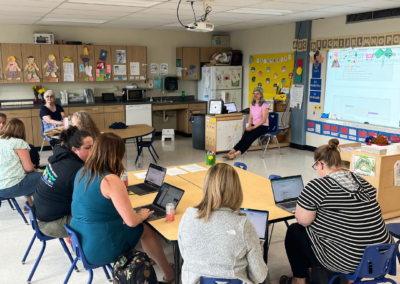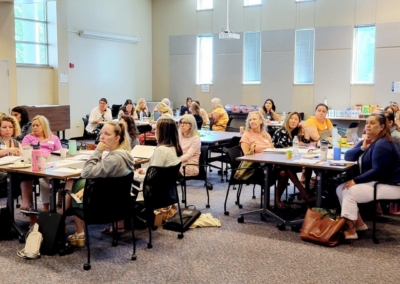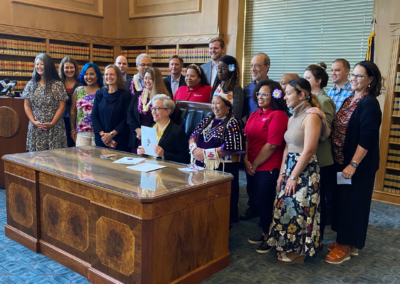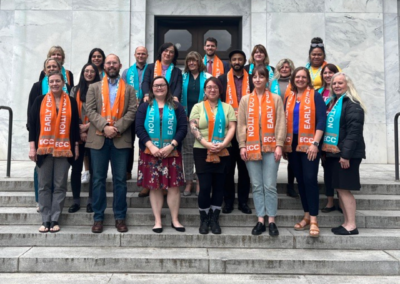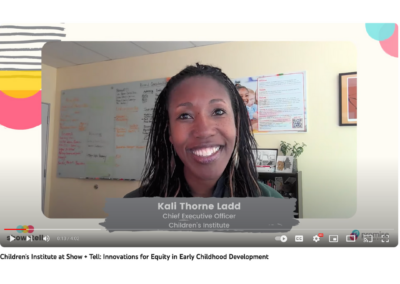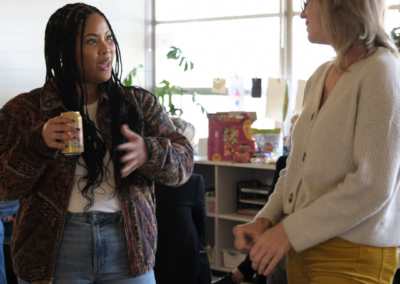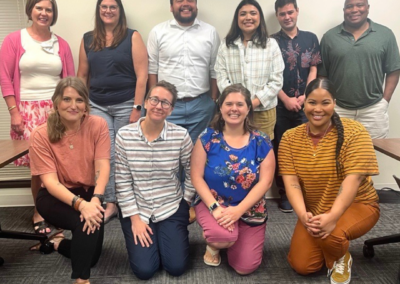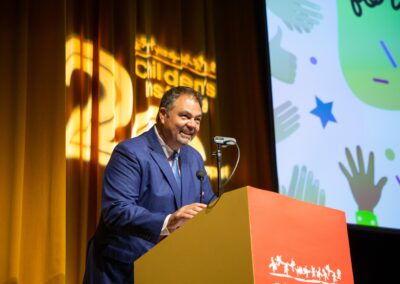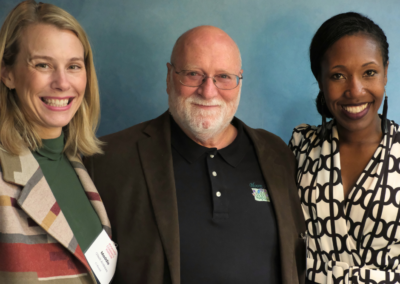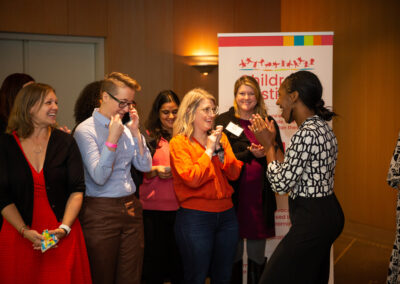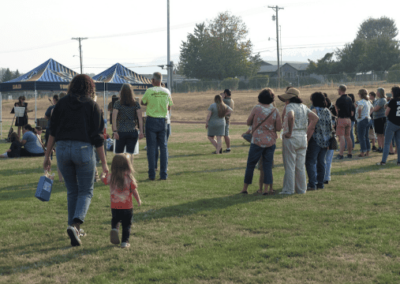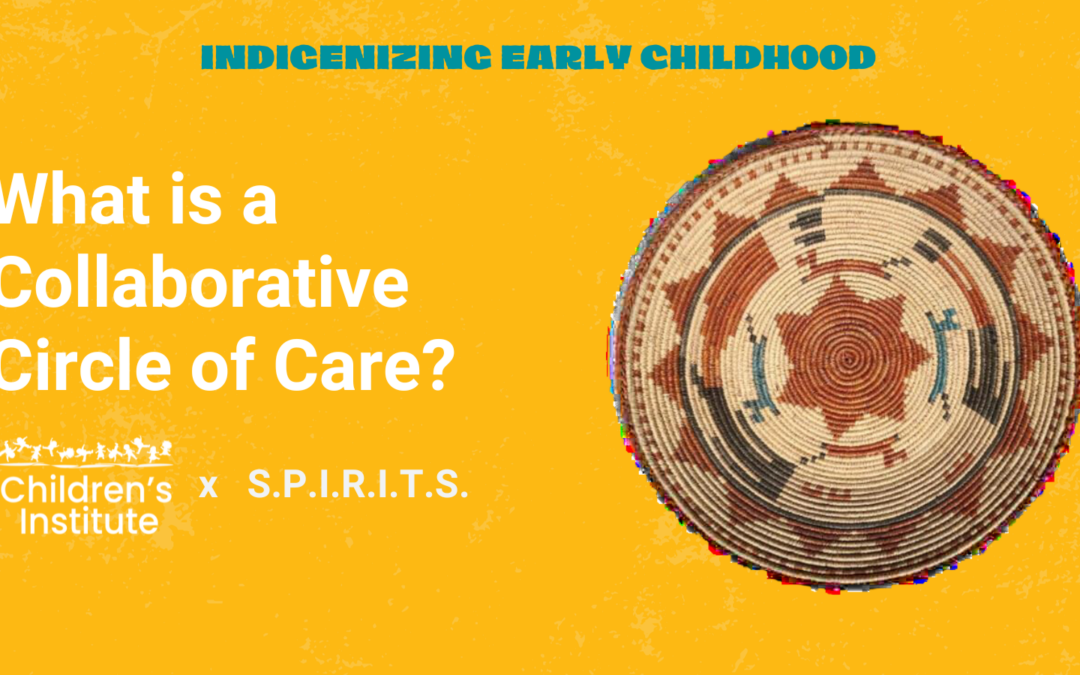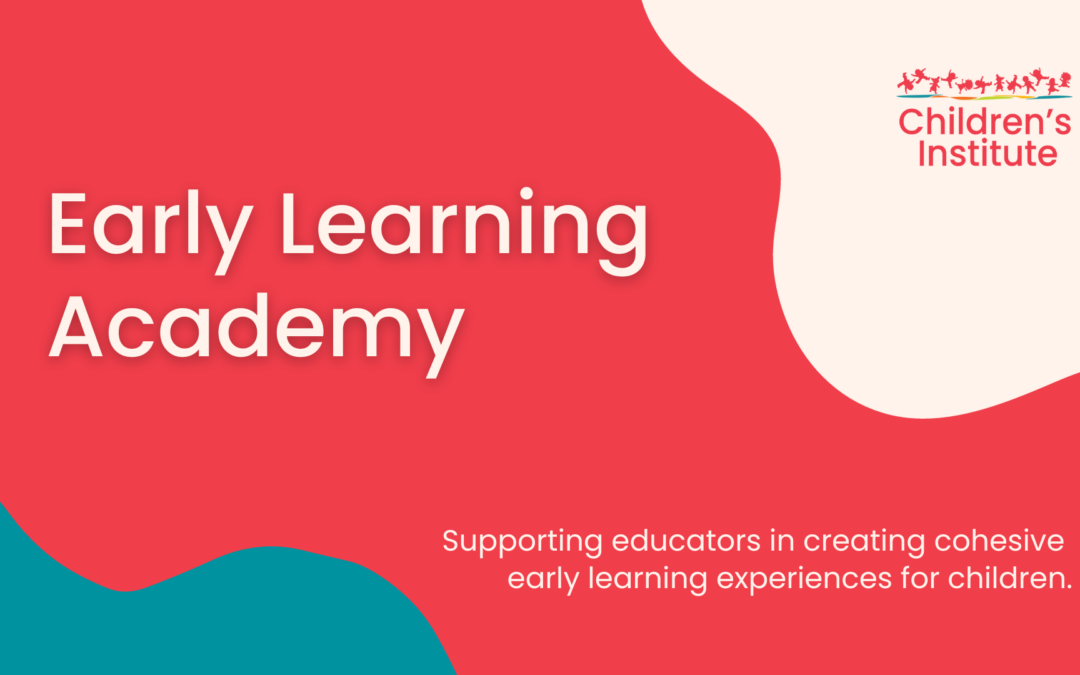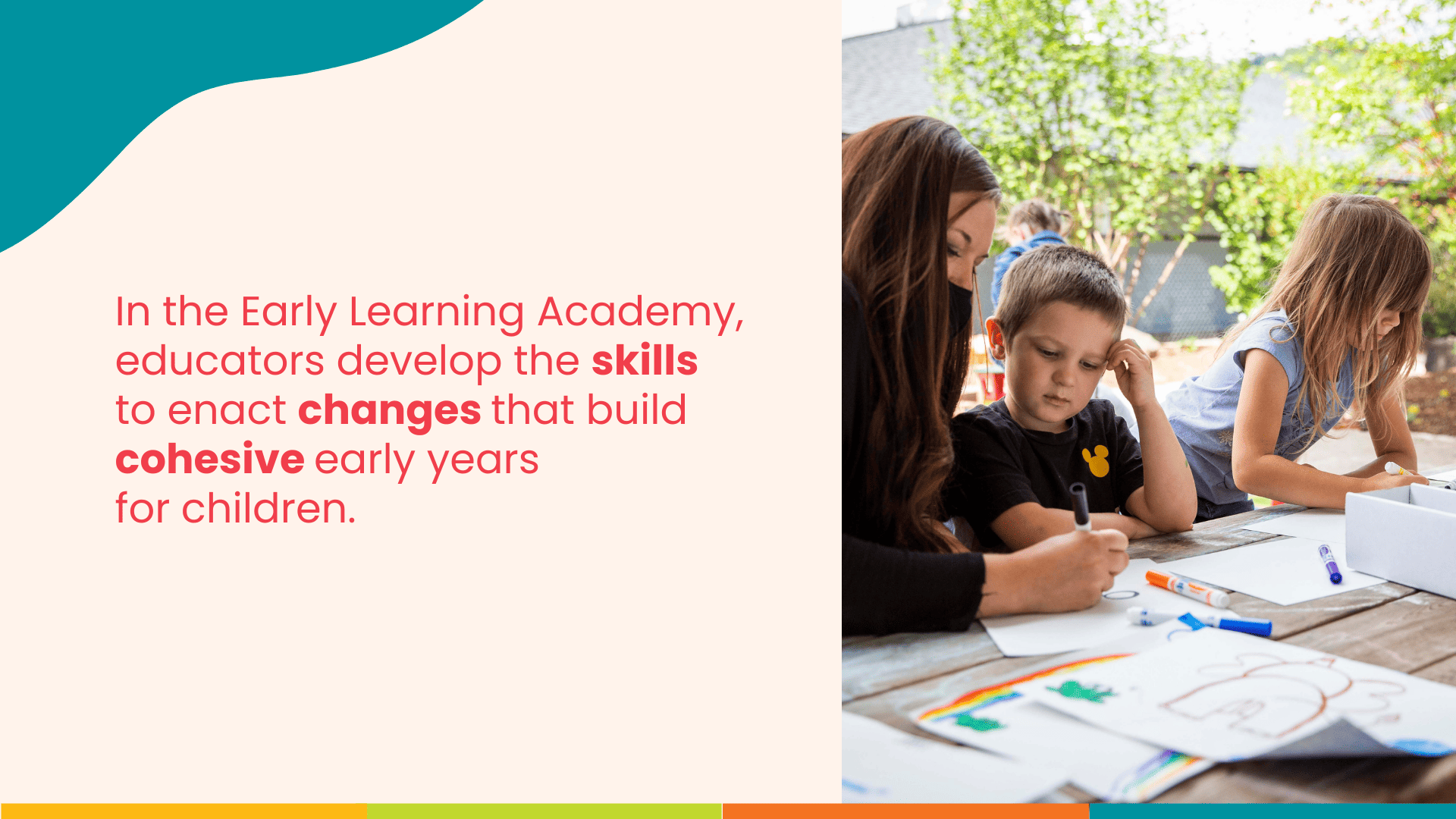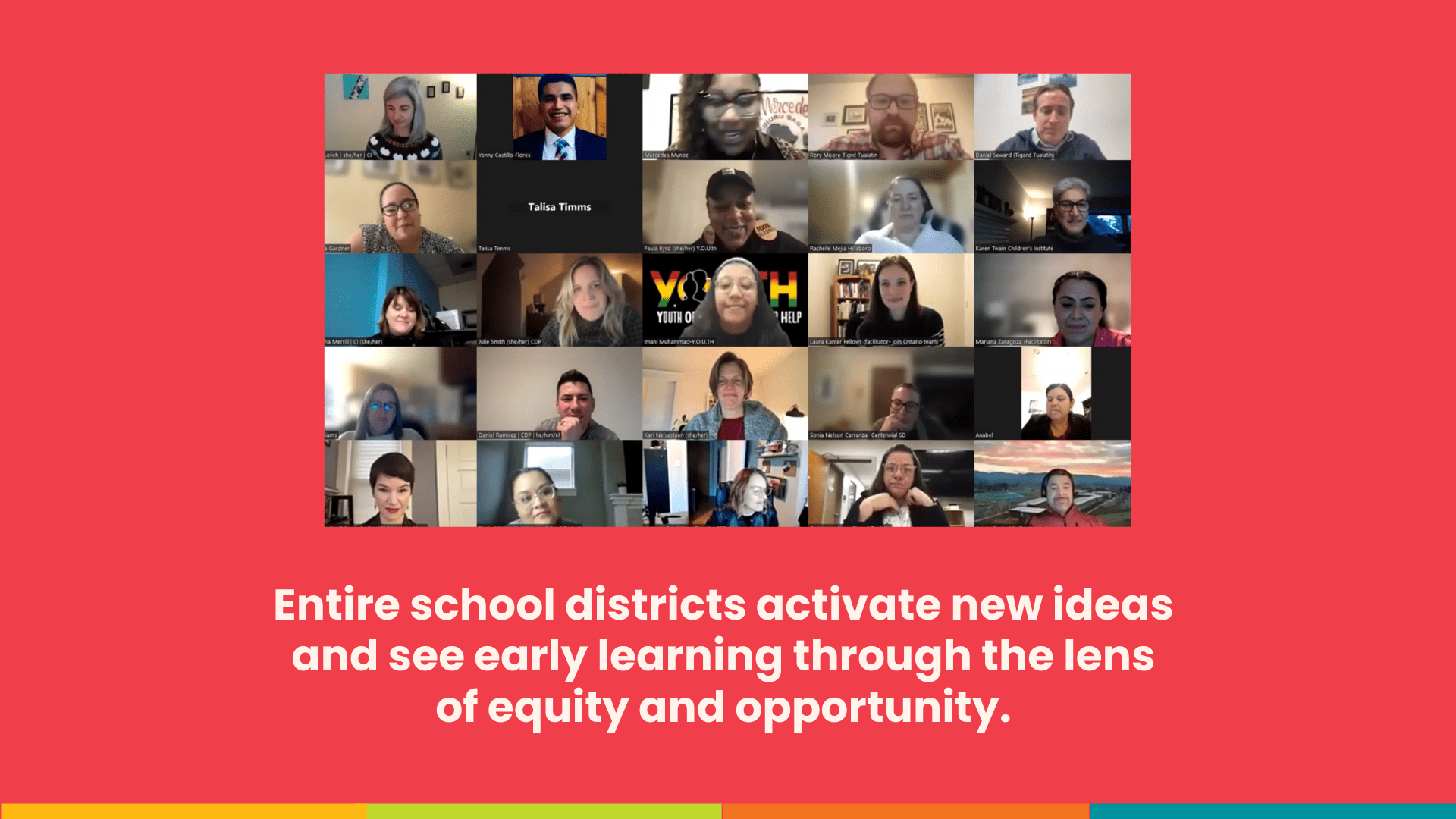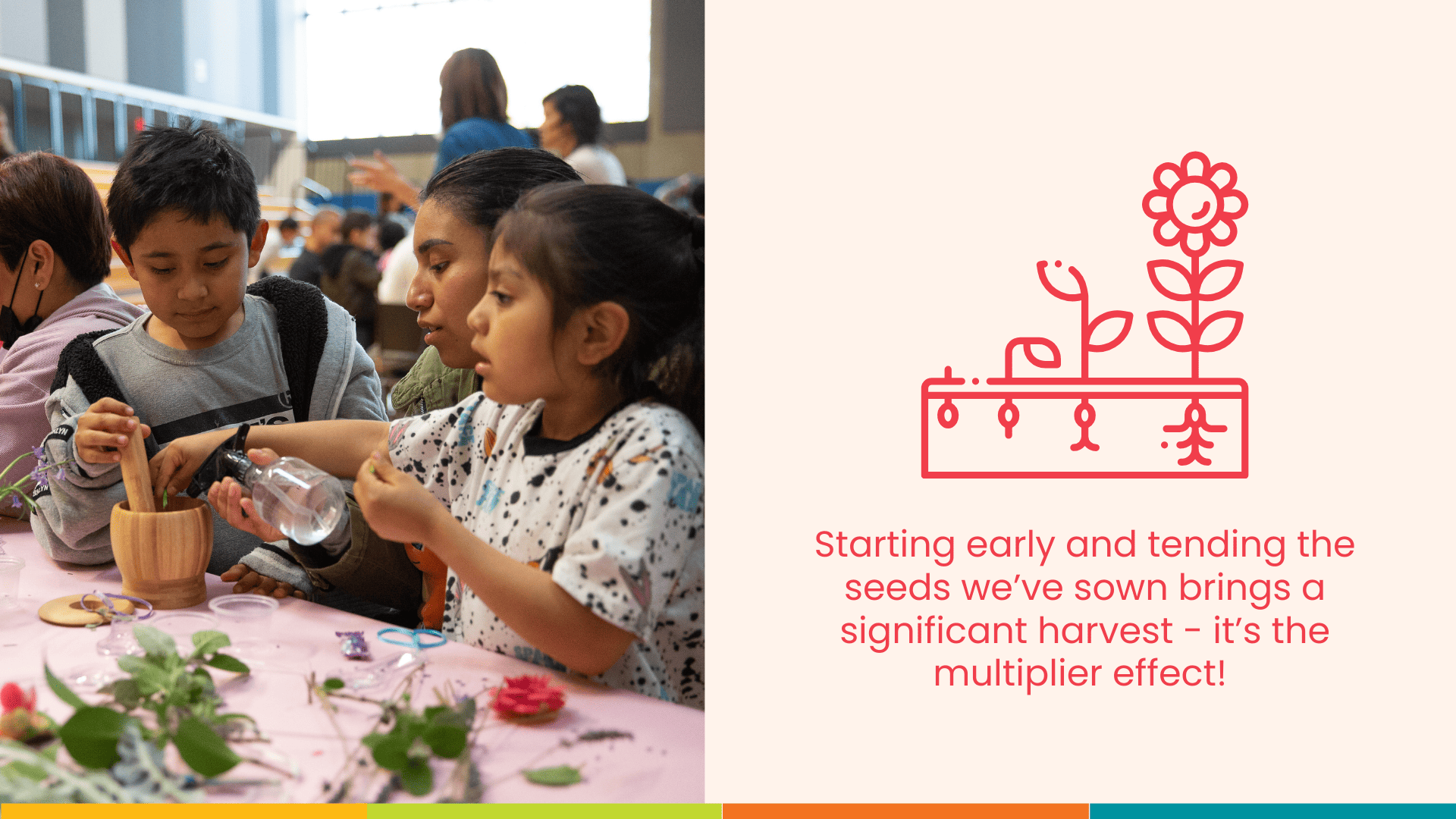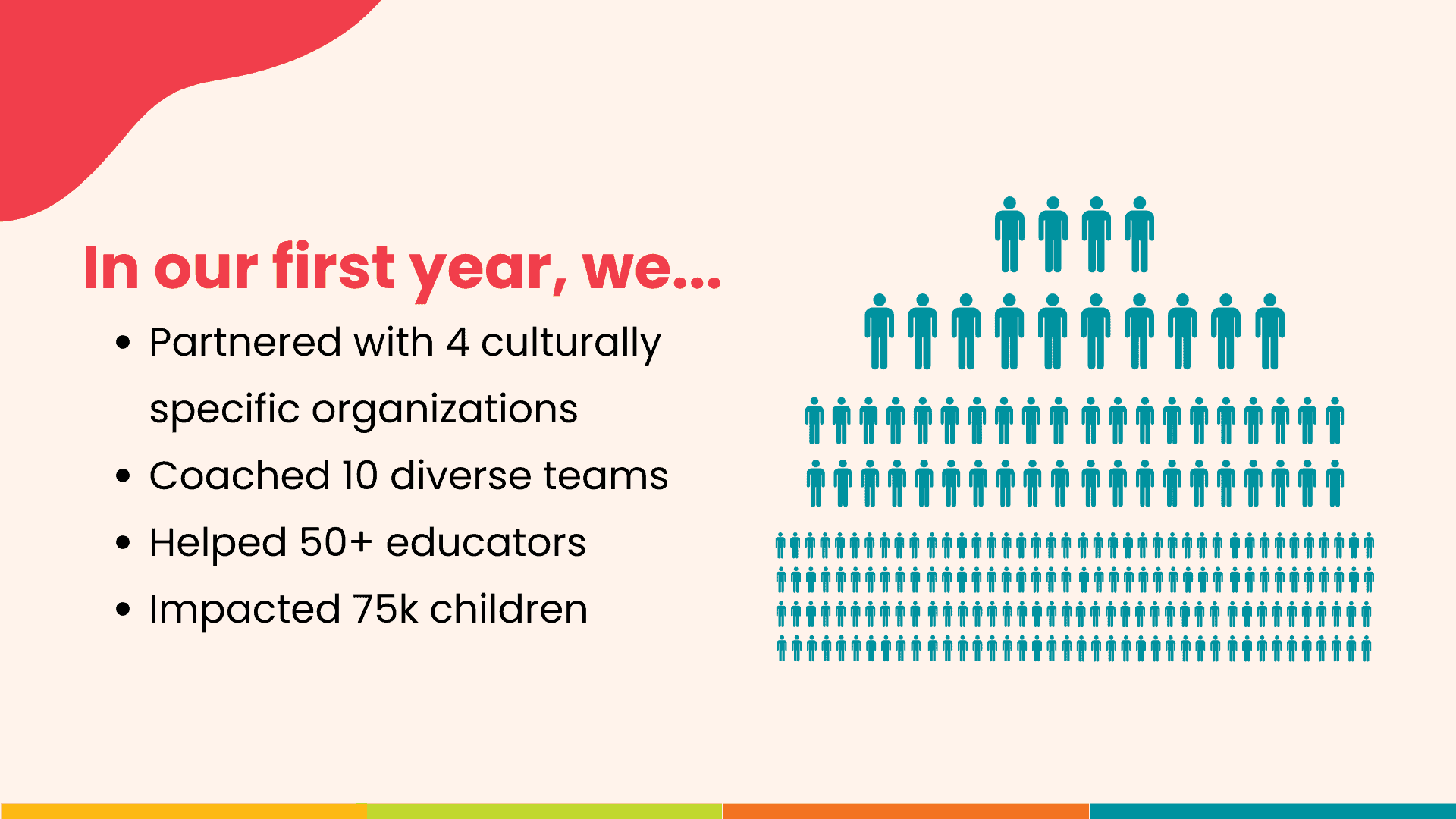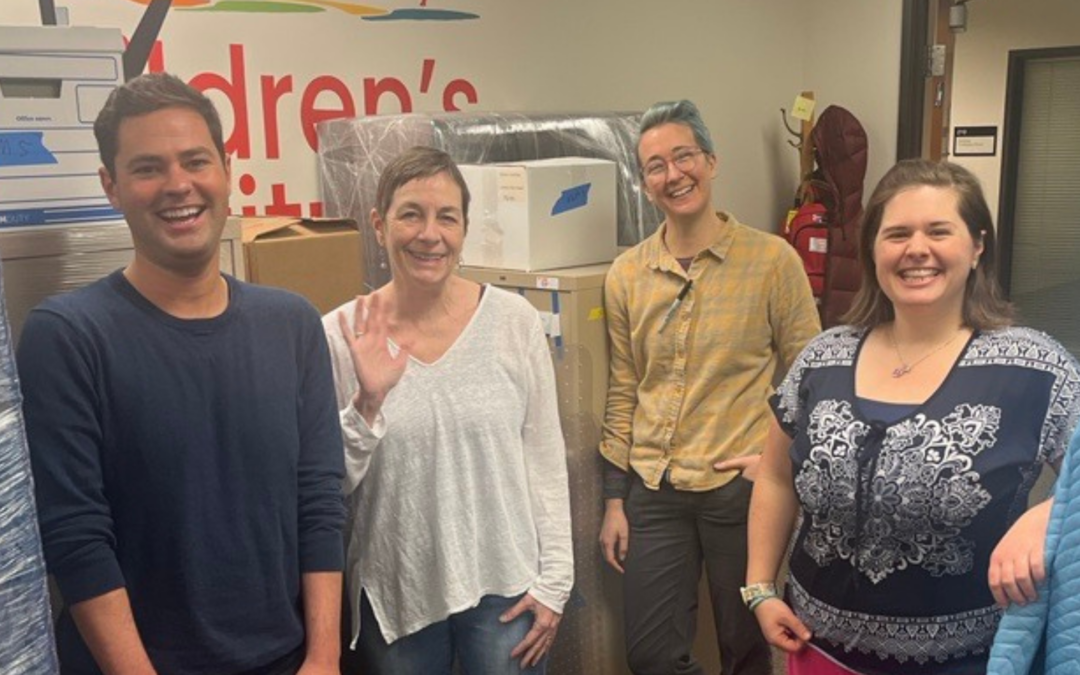
We’re Moving!
It’s official – we’re moving!
The Children’s Institute team is excited to announce our relocation to a new office in the heart of downtown Portland. We’re eager to embrace our new neighborhood and continue to envision a brighter future for Oregon’s kids. Over the last decade, we’ve cherished working for the early childhood movement at our Morrison Street office. However, with our team expanding and the demands of our organization evolving, we recognized the necessity for a change in our work environment.
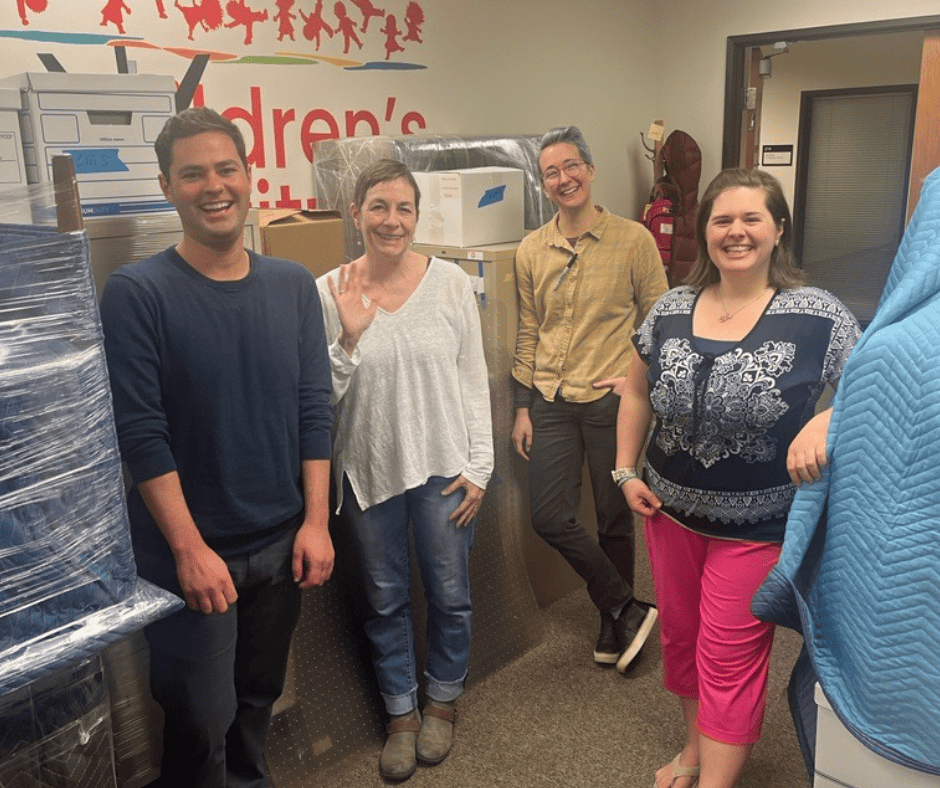
“From inviting collaborative workspaces to convenient paths for walking meetings, our waterfront office will provide elements conducive to the team’s wellbeing as well as productivity,” Eli O’Brate, CI’s Finance & Operations Manager.
Eli, along with Carole Shellhart, Chelsea Greenwood, and Ewan Stark, brought this collective vision to fruition through their financial / operational expertise and their efforts and enthusiasm throughout the challenging process. We are so grateful for their leadership and to every person who made this transition possible.
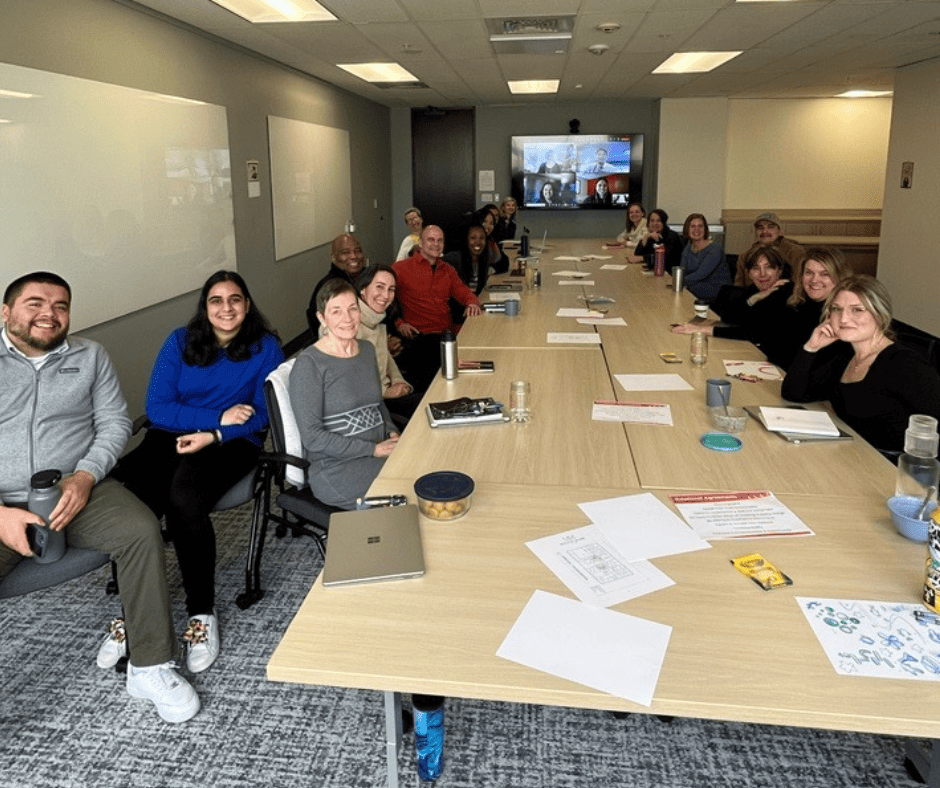
“It goes without saying that a tremendous amount of kudos, high fives, fist bumps and love is due for the Ops team. Their tremendous time and energy made this move a reality for us all!” – Kali Thorne Ladd, CEO at Children’s Institute.
We’ll settle into the space over the next few weeks, but once we’re fully moved in, we hope you’ll come say hello. Until then, catch us dreaming big for children behind a pile of moving boxes.

